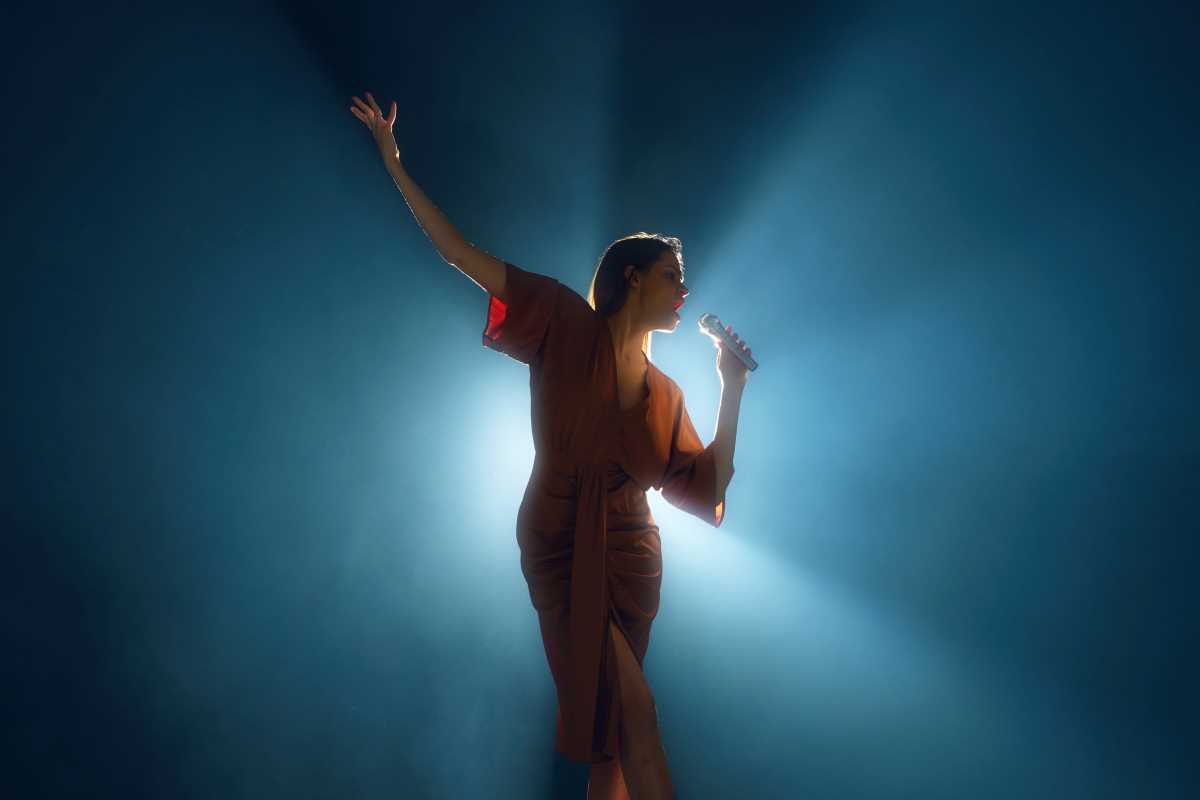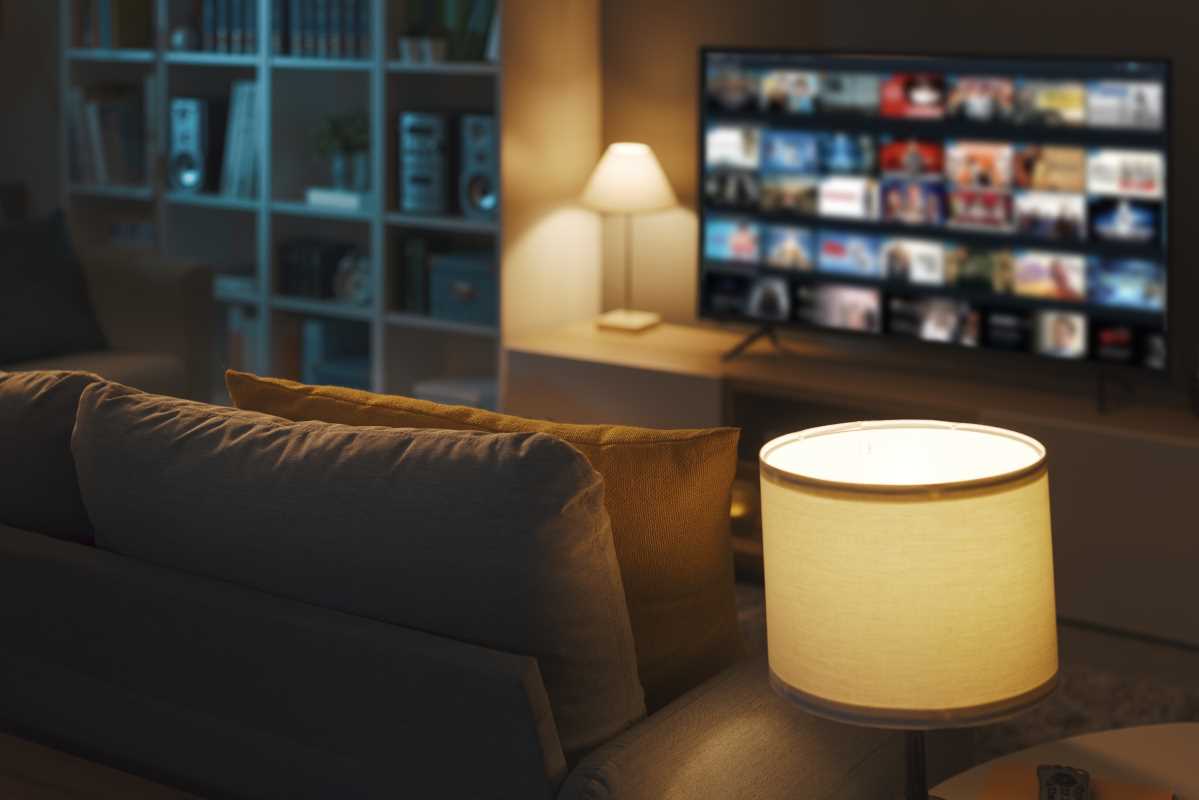Television is constantly reshaping itself to match the tastes and habits of its audience. Right now, a seismic shift is happening in the entertainment world, largely driven by Gen Z, the generation born between the mid-90s and early 2010s. This group craves quick, easily digestible content, and that’s exactly what short-form TV delivers. These snackable episodes, often under 15 minutes long, are stealing the spotlight and reshaping how stories are told. Short-form TV is quick-paced, relatable, and fits perfectly into even the busiest lifestyles. These are just some of the qualities that make it so appealing.
If you're curious about what exactly makes this format shine, we’re taking an in-depth look at why Gen Z loves short-form shows and highlighting some standout series you should check out.
What Are Short-Form TV Shows?
Short-form TV essentially compresses the traditional viewing experience into bite-sized gems. Think of the usual TV episodes that last 20–60 minutes, now scaled down to episodes often no longer than 15 minutes. These shows distill drama, emotions, and humor into quick hits meant to keep audiences engaged without a prolonged commitment.
Platforms like YouTube, TikTok, and Snapchat have paved the way for this revolution in shorter storytelling. Some larger players, like Netflix, have also dabbled in the format to great success. Short-form TV feels tailor-made for today’s fast-paced, always-on society, offering meaningful connections without demanding hours of your time.
While Quibi famously attempted to corner the market on high-quality short-form programming but folded, the format itself has only grown more popular. Shows now thrive on accessible platforms, offering something fresh, engaging, and easily bingeable.
Now that you’re caught up, let's explore a few acclaimed short-form series to get a sense of what makes them so irresistible.
Bonding (Netflix)
This dark comedy pushes boundaries, combining moments of hilarity with heartfelt storytelling. Bonding follows Tiff, a New York City grad student moonlighting as a dominatrix, and her best friend Pete, an aspiring stand-up comedian she recruits as her assistant.
Episodes average between 15 and 17 minutes, making it a quintessential short-form series. The show breaks taboos while exploring themes like friendship, identity, and independence. Its quick pace keeps the laughs and drama rolling, and it perfectly balances depth with brevity.
Special (Netflix)
Special is the heartfelt creation of Ryan O’Connell, who plays a fictionalized version of himself. The series tells the story of Ryan, a young gay man with cerebral palsy, as he navigates life, romance, and independence.
Each episode runs for about 12–15 minutes but packs as much emotional punch as a full-length show. The stripped-down runtime forces the storytelling to be sharp and focused, without losing the nuance of Ryan’s experiences. For viewers looking for something meaningful and unique, Special delivers in spades.
Rhett and Link’s Buddy System (YouTube Red)
If you’re a fan of absurd comedy, Rhett and Link’s Buddy System might just be your new favorite. Created by popular YouTube comedy duo Rhett McLaughlin and Link Neal, the series is a perfect blend of quirky humor and adventure.
Episodes are short but stuffed with unexpected twists, musical numbers, and wit. Unlike high-budget series, its charm lies in a creative, DIY aesthetic that many short-form shows leverage to great effect. It’s proof that even with a shorter runtime, you can deliver memorable laughs.
Carmilla (YouTube)
Carmilla is another YouTube success story, thriving on a shoestring budget and writing that resonates with its audience. Adapted from a 19th-century vampire novella, the series reimagines the story as a modern-day supernatural love story.
The episodes range from 5 to 7 minutes, making it an incredibly quick watch. Despite its brevity, it’s garnered a passionate fanbase, proving that short-form shows can evoke just as much devotion as traditional long-form series.
Why Does Gen Z Love Short-Form TV?
With so many entertainment options out there, what makes short-form TV especially magnetic for Gen Z? The answer lies in this generation’s unique habits, attitudes, and lifestyles. Here’s why short-form shows check all the right boxes.
Quick and Easy to Watch
Gen Z grew up in the age of smartphones, endless scrolling, and instant gratification. Their schedules are packed with school, work, hobbies, and social lives, so they’re inclined to prioritize quick doses of entertainment over sprawling narratives.
Short-form episodes deliver storylines in a fraction of the time. Whether you’re eating lunch, riding the bus, or taking a quick mental break, these shows slide into life effortlessly.
Fits Busy Lifestyles
This generation is constantly on the move, and portable entertainment is key. With short-form TV, you don’t need a home theater or an uninterrupted block of time. All it takes is a smartphone and a few minutes of downtime to enjoy.
Because they’re optimized for smaller screens and shorter attention spans, these shows make it easier than ever to consume quality content without a huge commitment.
Relatable Content
Authenticity reigns supreme for Gen Z, and short-form creators understand that all too well. These shows often feature characters and narratives that feel real and in tune with young viewers’ experiences.
Issues like mental health, coming-of-age struggles, identity, and relationships take center stage. For example, Special offers a deeply personal but universally relatable look at life with a disability, while Carmilla taps into LGBTQ+ representation in creative ways. The shorter format distills these stories into something raw and genuine, giving viewers an emotional connection without overloading them.
The Future of Short-Form TV
Short-form TV isn’t just a trendy one-off; it’s changing the entertainment landscape. Traditional networks and streaming platforms are taking notes, realizing that catering to diverse audiences means offering diverse formats.
Writers and creators are also being challenged to innovate within these compressed timeframes. This results in tighter, sharper storytelling that often delivers just as much impact as a full-length drama.
This format also serves as a launching pad for new voices in entertainment. With lower budgets and shorter runtimes, short-form TV allows fresh talent to experiment, take risks, and share their vision. That diversity of perspectives is one of the format’s greatest strengths.
If you haven’t jumped on the short-form bandwagon yet, now’s the time. These shows might be bite-sized, but the impact they leave is anything but small.
 (Image via
(Image via





